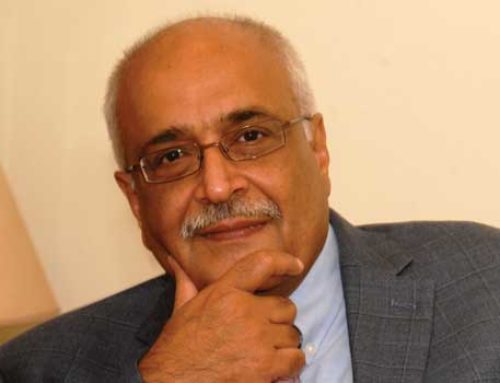Lack of accountability in education
an Achilles heel
“I am bound to appoint the Chhatra League men. They are 12 hardworking leaders. Two of them are from Tungipara of Gopalganj; that is their most important identity,” said the Vice Chancellor, according to the report.
This decision and the explanation of the vice chancellor, not unique, going by media reports, is an example of a gross violation of accountability and impunity of illegality in the education system.
An independent scrutiny conducted in 15 different districts by an audit firm of the USD 5.8 billion Third Primary Education Development Programme (PEDP3), funded by the government and a consortium of donors, revealed extensive waste and malpractice. The chartered accountant firm engaged for the review found “fraud and corruption, syndicated bidding, collusion, and malpractice” in 91 out of 163 procurement packages which it had investigated.
Assuming this level of corruption in all of USD 1.6 billion worth of procurement, which was estimated to be taking place during the five years of the primary education programme, this would amount to about USD 880 million of corrupt tenders for goods and contract in the largest primary education development programme of the country.
When asked about the audit report, spokesperson for the Asian Development Bank said, “’ADB, World Bank and other development partners, along with the ministry of primary and mass education, take a zero tolerance approach to fraud and corruption.” (New Age, July 5, 2014) Evidently, zero tolerance did not go far enough to prevent massive waste and corruption.
A 2015 Transparency International report mentions “obvious” and “less obvious” corruption in education: “In Bangladesh, the main forms of corruption identified in the education sector include more obvious forms such as, bribery in admissions and in the disbursement of stipends; nepotism in the recruitment of teachers; and corruption in procurement.”
The government has taken steps to recruit primary teachers applying transparent procedures. Student stipends are being paid out by mobile banking. Electronic tendering is expected to control grabbing of procurement bids by politically patronised muscle men.
The “less obvious” malpractices are also more difficult to control. These include teacher absenteeism; misuse of private tuition by teachers; collusion of corrupt officials, teachers and coaching centres to leak public examination questions; and sexual harassment in schools and universities (Transparency International, tihelpdesk@transparency.org).
The effects of widespread lack of accountability in the education system are manifested in two major ways – in poor learning achievements and competencies of the next generation and in the lessons the young learn about ethics and morality.
Accountability and performance of the education system obviously is not a unique Bangladeshi concern. The Global Campaign for Education, an international civil society coalition for education, adopted for its annual campaign in 2017 the theme of accountability and citizen participation.
A seminar organised by CAMPE, a forum of education NGOs, and the Citizens’ Platform of SDGs in Bangladesh to observe the Global Action Week, deliberated on the theme. In his keynote presentation, Dr. Mustafa Mujeri underscored how lack of accountability at different levels of education management seriously hampered the goals of quality with equity.
A national assessment of student learning, Mujeri reported, showed that only 25 percent of Class 5 students achieved the expected competencies in Bangla and Math, as assessed by a national sample survey conducted under government auspices. However, over 95 percent of the students sitting for Class 5 primary completion examination passed. These two kinds of data point to a deep problem of accountability.
The Minister of Primary and Mass Education, Advocate Mostafizur Rahman, chief guest at the event, noted the government’s determination and commitment to promote quality education for all. In a context of ethical and moral degradation in society, all the good efforts of the government do not bear fruit, he argued.
“Let’s all work together,” Minister Rahman pleaded. “Parents and mothers want the best for their children. Let’s harness the energy of the mothers.” He asked, “Why shouldn’t all teachers, in government schools and those of NGOs, work with the same sincerity and be answerable to the community?”
Nurul Islam Nahid, the Minister of Education, standing in a rally against corruption in education on March 9, said that the government was mulling adoption of a new law to stop corruption in the education sector, which would be discussed in the next parliamentary session. “Whoever gets involved in corruption cannot be spared and must face due punishment,” he affirmed, reiterating the government’s zero-tolerance policy towards corruption (Dhaka Tribune, March 10, 2017)
No one would argue with the expectations of the two top policymakers in education. The chances of their hopes being fulfilled would rise significantly if these expectations are backed up by the right measures at the highest political level.
The writer is Professor Emeritus at BRAC University.






